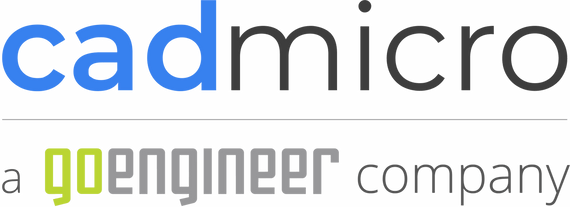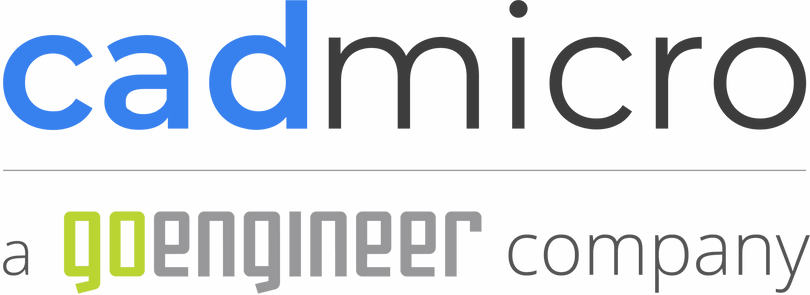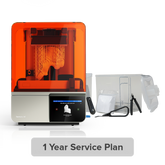
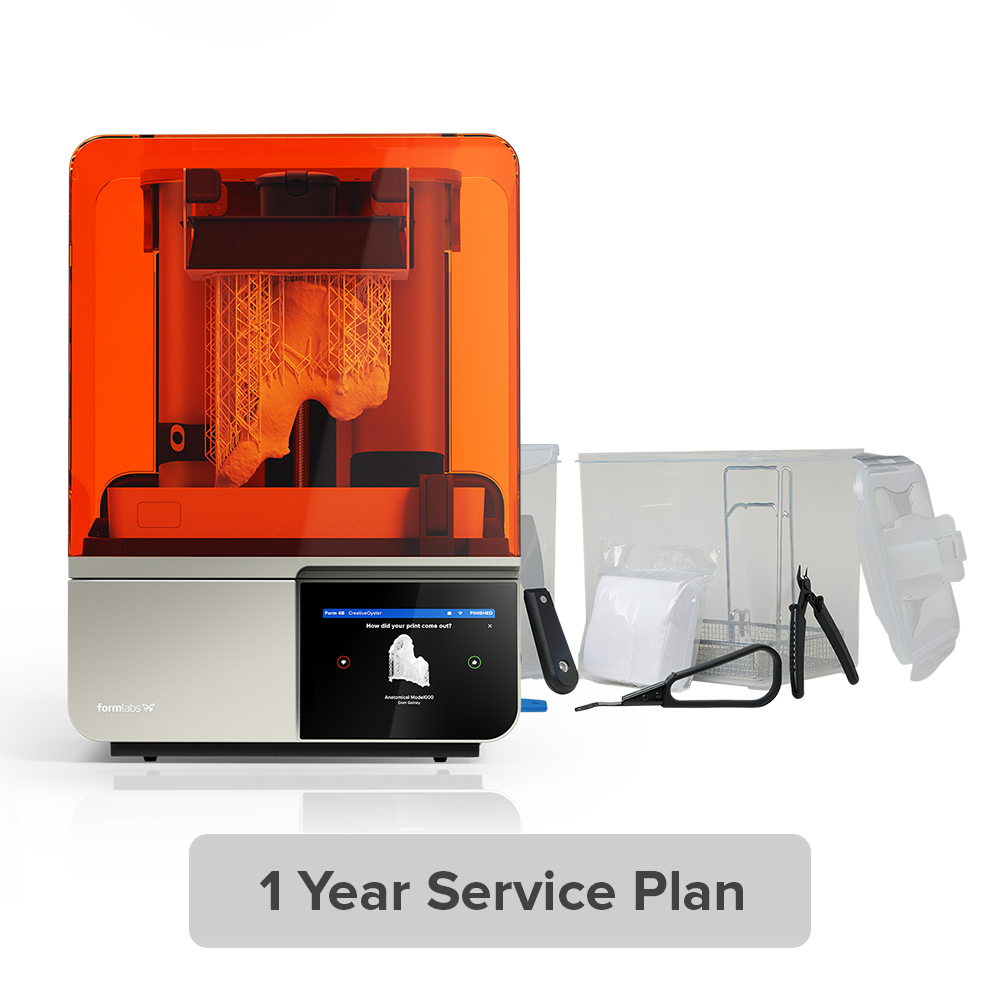
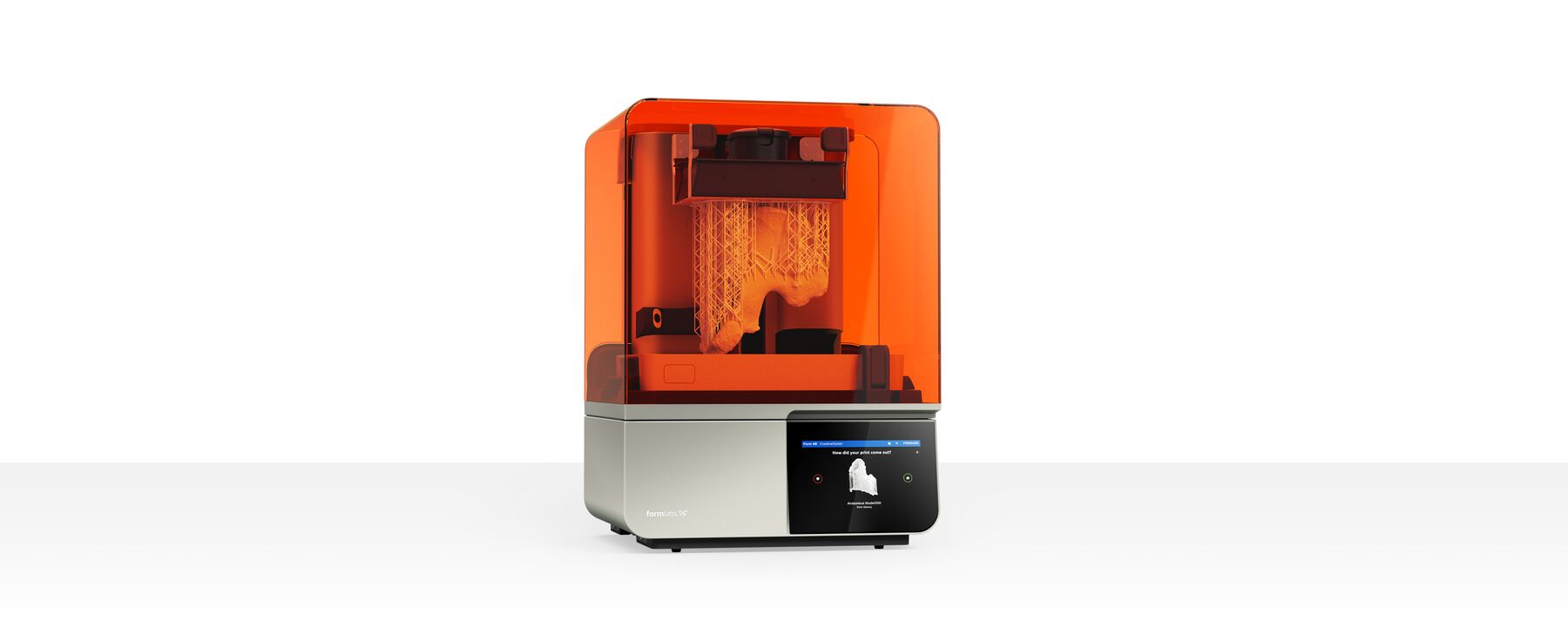
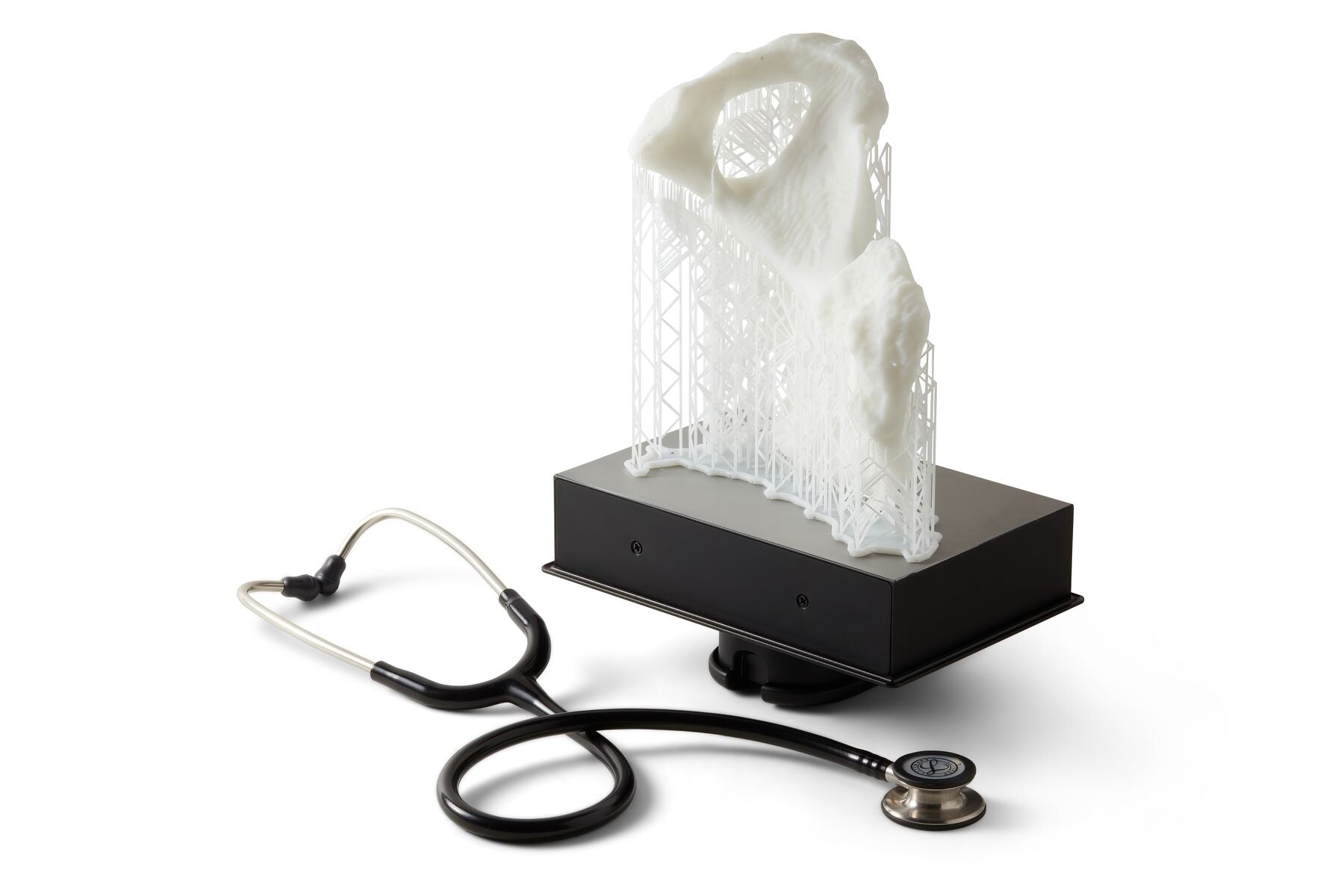
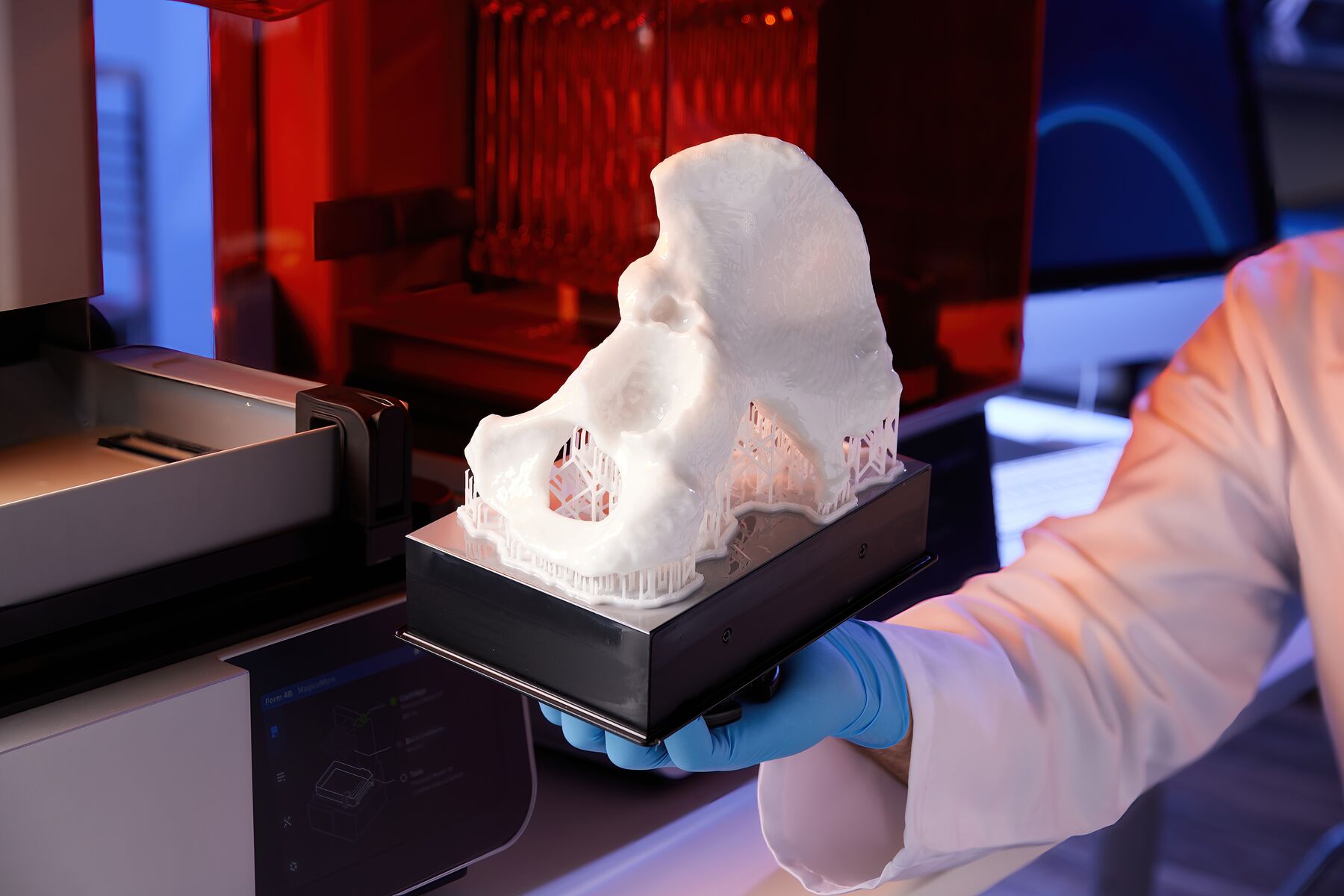
FORMLABS INC
Form 4B Basic Medical Package
Blazing Speed Meets Surgical Precision
The Formlabs Form 4B Basic Medical Package includes the essential tools to get you started. It's designed for professionals in healthcare, medical device manufacturing, research and similar fields who need fast, precise, and biocompatible 3D printing. Featuring the next generation of Formlabs' proven SLA technology, the Form 4B delivers quality you can trust when it matters the most, allowing you to effortlessly create parts for any medical application.
What's Included in the Form 4B Basic Package?
- Form 4B 3D Printer
- Form 4 Build Platform Flex
- Form 4 Resin Tank
- Form 4 Finish Kit
- Form 4 Mixer
- Dental and Medical Service Plan 1 Year
Why Choose the Formlabs Form 4B?
- Medical-Grade Printing - Validated for biocompatible and sterilizable resins.
- Unmatched Speed & Accuracy - Print up to 5x faster than previous models while maintaining precision.
- Seamless Workflow - Intuitive software and easy post-processing for consistent, high-quality results.
- Scalable for Clinics & Labs - Reliable and repeatable for patient-specific and production applications.
- Certified & Compliant - Supports FDA-registered materials and ISO 13485-certified workflows.
Ideal Applications:
Surgical Guides
Orthotics & Prosthetics
Medical Device Prototyping
Custom Medical Tools & Equipment
Anatomical Models for Surgical Planning
Upgrade your 3D printing workflow with the Form 4B Basic Package today!
Tech Specs
| Category | Specification |
|---|---|
| Technology | Masked Stereolithography (MSLA) |
| Printer Engine | Low Force Display® (LFD) |
| Key Components of the Print Engine | Backlight Unit Light Processing Unit 4 (LPU 4) Release Texture Flexible Film Resin Tank Intelligent Control Systems High-Speed Automatic Resin Handling |
| Light Source | Backlight Unit: 60 uniform-wavelength LEDs, a plano-convex lens array, and integrated air cooling 405 nm optical wavelength 16 mW/cm2 optical power intensity delivered to the cure plane 50 µm pixel size |
| Maximum Print Speed | 100 mm/hour 3.9 in/hour |
| Typical Print Speed2 | Average: 40 mm/hour (1.6 in/hour) across all materials Range: 16-50 mm/hour (0.6-2.0 in/hour) depending on the material |
| Typical Dimensional Tolerances3 | 1-30 mm features: ±0.15% (lower limit: ±0.02 mm) 31-80 mm features: ±0.2% (lower limit: ±0.06 mm) 81-150 mm features: ±0.3% (lower limit: ±0.15 mm) |
| Surface Accuracy (Restorative Models)4 | On average with Precision Model Resin: 99.7% of surfaces within 100 µm of CAD model 95% of surfaces within 50 µm of CAD model 69% of surfaces within 25 µm of CAD model |
| Reliability | 98.7%, measured by an independent third-party lab in a series of comprehensive performance tests. Learn More |
| Materials | 38 industry-leading Formlabs materials, including 15 biocompatible, or third-party materials using Open Material Mode . More exciting new materials are currently in development. Explore Materials |
| Biocompatible Materials | Yes |
| Build Volume (W x D x H)5 | 20.0 x 12.5 x 21.0 cm 7.9 x 4.9 x 8.3 in 5.25 liters |
| Build Area | 250 cm2 38.8 in2 |
| Maximum Part Length6 | 27.3 cm 10.7 in |
| XY Resolution7 | 50 µm with pre-tuned anti-aliasing for subpixel resolution Superior fine feature performance and sharp features compared to the Form 3 Series |
| 8 Layer Thickness | 25-200 µm 0.001-0.008 in |
| Resin Cartridges | 1 |
| Resin Cartridge Type | Next-generation resin cartridge 5-10x faster filling 63% less waste 30% less shelf space |
| Resin Heating | High speed conduction resin heating with infrared temperature sensing |
| Internal Temperature | Auto-heats resin to 25-45°C (77-113°F), depending on material |
| Force Sensing | Z-Axis Force Sensor: automatically optimizes print quality and print speed based on part geometry and selected material. |
| Supports | Auto-generated Light-touch removal |
| Design/CAD Specifications | View Design Guide |
| Printer Dimensions (W x D x H) | 39.8 x 36.7 x 55.4 cm 15.7 x 14.5 x 21.9 in |
| Minimum Access Dimensions (W x D x H) | 40.7 x 47.8 x 84.4 cm 16.0 x 18.8 x 33.2 in |
| Printer Weight | 18.3 kg 40.4 lb |
| Operating Environment | 18-28°C 64-82°F |
| Power Requirements | 100-240 VAC 4.8 A 50/60 Hz 480 W |
| Connectivity | Wi-Fi (2.4 and 5 GHz; IEEE 802.11 b/g/n/ac, WPA/WPA2) Ethernet (1000 Mbit) USB-C 2.0 |
| Printer Control | 7" interactive touchscreen 1280 x 800 resolution Languages: English, German, French, Spanish, Italian, Japanese, Simplified Chinese |
| Alerts | Touchscreen alerts SMS/email via Dashboard Speaker for audio alerts |
| Sensors and Control Systems | 6 upgraded sensors that precisely control resin temperature, resin level, print forces, and print status: - High-speed conduction resin heating with infrared temperature sensing - Ultrasonic Resin Level Sense: controls resin in the tank - Z-Axis Force Sensor: controls and minimizes print forces - Resin Cartridge Load Cell: measures exact resin level in cartridge - Printer Leveling Sensor - Camera |
| Camera | Integrated camera 2592 x 1944 resolution (5MP) Remote monitoring, print history, and print timelapses Can be easily disabled, covered, or removed |
| Software | PreForm , Dashboard , Fleet Control |
| PreForm System Requirements | Windows 7 (64-bit only, ARM not supported) and up Mac OS X 10.15 and up OpenGL 2.1 C ++ runtime library from Microsoft (Windows only) 4 GB RAM (8 GB recommended) |
| PreForm File Types | STL, OBJ, and 3MF file input FORM file output |
| PreForm Print Setup Features | One-Click Print Adaptive layer thickness for faster printing with fine details Remote Print Auto-orient for optimal print position Auto-mesh repair Auto-generation of supports Advanced tools for manually editing supports Rotate, scale, duplicate, and mirror Layer slicer for path inspection Custom print settings Available in multiple languages |
| Dashboard Printer Management Features | Manage prints and printers via the cloud Track resin and tank usage over time SMS and email alerts Create enterprise group accounts with admins to more easily share printers and control access |
| Resin Tank Estimated Lifetime | 75,000+ layers with any Formlabs material Example: approximately 340 prints using clear aligner models (22 mm tall), any resin, and 100µm layer height |
| Light Processing Unit Estimated Lifetime | 600,000 - 1,900,000 layers, depending on material and layer height Example: approximately 5,000 prints using diagnostic models (22 mm tall), Grey Resin V5, and 100 µm layer height |
1 Using Fast Model Resin and 200 µm layer height on the Form 4 Series. Based on actual print times from a collection of test parts covering common engineering, product design, manufacturing, and dental applications. Using Draft v2 Resin and 200 µm layer height on the Form 3 Series. Based on the 75th percentile actual print speed from reported prints in 2023.
2 Average across all materials printed at 100 µm layer height, weighted by material popularity. Print speed will vary depending on the material, layer height, and part geometry. The range is based on the materials with the slowest median print speed and highest median print speed.
3 Using Grey Resin V5 and 100 µm layer height, post-cured for 5 minutes at room temperature. One test model with various feature sizes 3D printed on three different printers.
4 Using 50 µm layer height. Tested using a full arch restorative model with dies, four models per print job, printed on three different printers, and post-processed according to the recommended settings.
5 If you are printing a job that is taller than 19.0 cm (7.5 in) on Form 4/B, taller than 30.5 cm (12 in)in) on Form 4L/4BL, or taller than 18.5 cm (7.2in) on Form 3/B/+, you have to remove the resin tank while removing your print. PreForm will warn users when their job is above these limits.
6 Assuming a part printed on supports that resembles a rectangular prism with 12.5 cm depth and 1 cm height.
7 XY resolution describes how precisely the printer can cure the resin in the XY (horizontal) plane. It corresponds to the pixel size of the Light Processing Unit 4 and Light Processing Unit 4L.
8 Layer thickness availability varies by material. View our materials compatibility table to confirm availability.
9 Languages beyond English will come in future firmware releases on the Form 4 Series.
10 The exact lifetime of an individual resin tank depends on layers printed, physical wear, and accidental damage.
11 Using 100 µm layer height. The exact lifetime of an individual LPU depends on total light energy passed through the module, which depends on number of layers printed, material, and layer height, as well as accidental damage. When replacement is necessary, anyone can easily and quickly replace the LPU 4 or LPU 4L at a low cost.
